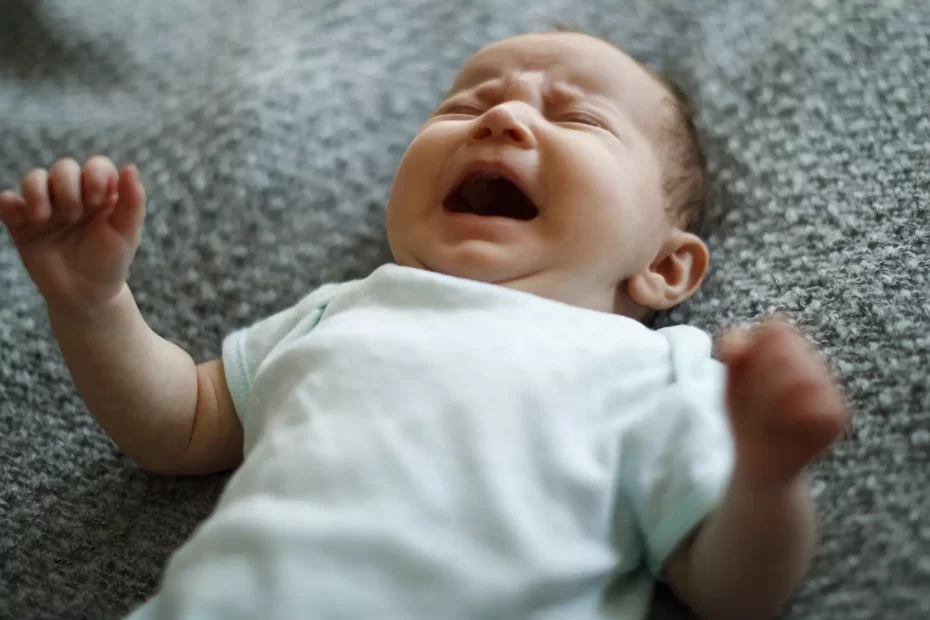I’m not a mental health professional, but I can provide some general information on warning signs of suicidal behavior in youth. However, it’s essential to remember that only a qualified mental health professional can diagnose suicidal ideation or behavior accurately. If you have concerns about your child’s mental health or safety, it’s crucial to seek professional help immediately.
Here are some warning signs that a youth might be experiencing suicidal thoughts:
- Talk of Suicide: Direct or indirect statements expressing a desire to die or to kill oneself. They might say things like, “I wish I were dead” or “I don’t want to live anymore.”
- Withdrawal: A sudden withdrawal from social activities, friends, or family. They may isolate themselves and avoid social interactions they once enjoyed.
- Changes in Behavior: Noticeable changes in behavior, mood swings, or expressions of hopelessness. They may become agitated, angry, or exhibit reckless behavior.
- Changes in Sleep or Eating Patterns: Significant changes in sleep patterns (insomnia or excessive sleeping) or eating habits (overeating or loss of appetite) can be signs of distress.
- Loss of Interest: Losing interest in activities they once enjoyed, such as hobbies, sports, or social events.
- Giving Away Possessions: Giving away prized possessions or making arrangements as if they won’t be needed in the future.
- Risk-Taking Behavior: Engaging in risky behaviors that could result in harm to themselves, such as substance abuse, reckless driving, or unsafe sexual activity.
- Preoccupation with Death: Obsession with death, dying, or themes related to mortality, which might be reflected in their conversations, artwork, or writing.
- Sudden Improvement: Paradoxically, some individuals may display sudden improvement in mood or behavior after making a decision to end their life, as they may feel a sense of relief or resolution.
- Previous Attempts: A history of suicide attempts or self-harm is a significant risk factor.
If you notice any of these warning signs in your child, it’s essential to take them seriously and seek professional help immediately. You can reach out to a mental health professional, pediatrician, school counselor, or a helpline for guidance on how to support your child effectively. Additionally, creating a supportive and open environment where your child feels comfortable expressing their feelings can be crucial in helping them navigate through difficult times.
